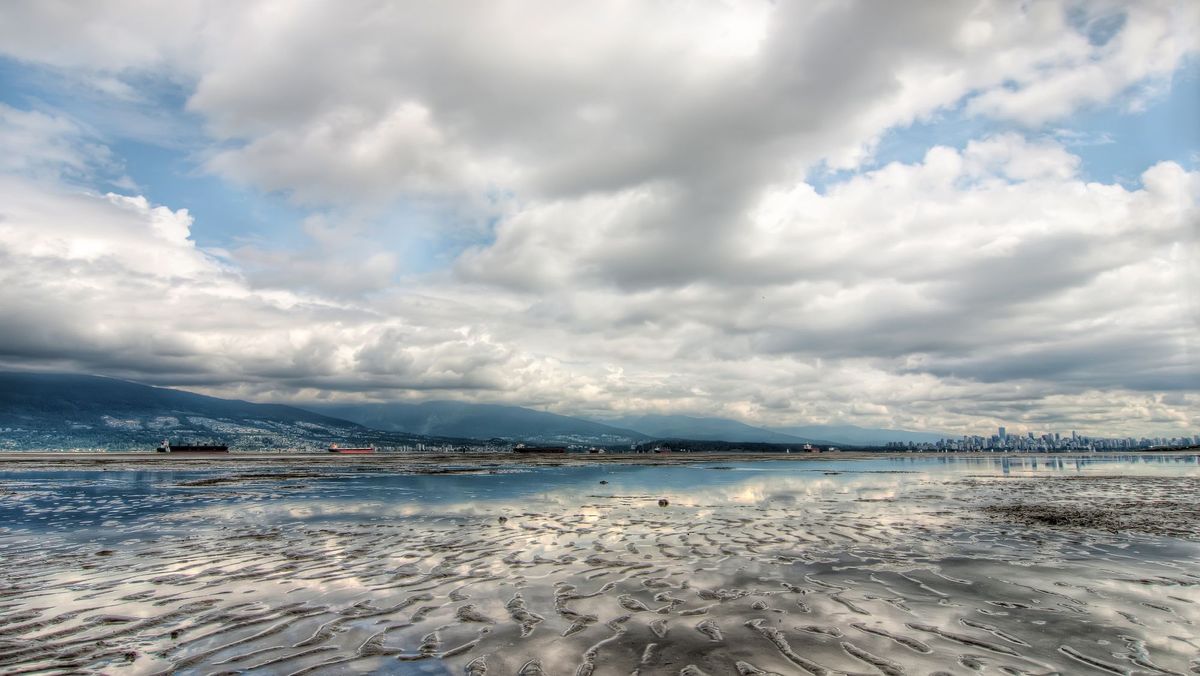What’s climate geoengineering, and is it a good idea?
In theory, this means that we could avoid a climate disaster without changing our behavior.

A few minutes every morning is all you need.
Stay up to date on the world's Headlines and Human Stories. It's fun, it's factual, it's fluff-free.
Geoengineering refers to a bunch of newer technologies that essentially manipulate the environment to sidestep or decrease the damages of climate change. In theory, this means that we could avoid a climate disaster without changing our behavior and that it’s also a “quicker fix.”
There are different ways of doing this, most of them controversial, and a lot of them fall under the umbrella of “solar geoengineering.” Solar geoengineering aims to cool the Earth by reducing the amount of sunlight that reaches the Earth’s surface in the first place by reflecting that light.
One way to do this is by spraying sulfate particles into the air, which scatter and absorb sunlight. It’s the same sort of stuff that's produced from desert dust and volcanoes and is controversial because of the question of air pollution and how little is known about the benefit vs. consequences at such a large scale. Doing this could also hurt some countries more than others.
Now, a startup called “Make Sunsets” is concerning scientists with its own solar geoengineering methods. The company has said that it launched a bunch of weather balloons that released these sulfate particles in the stratosphere and has apparently already run two internal test flights to inject sulfur more than 20 kilometers above the Earth’s surface, a controversial move that's annoying a lot of people.
In the company’s “About” section, it says, “We make reflective, high-altitude, biodegradable clouds that cool the planet. Mimicking natural processes, our ‘shiny clouds’ are going to prevent catastrophic global warming.”
Researchers are concerned because Make Sunsets made these launches without actually clearing it with the public or with typical scientific channels first. They’re also already trying to sell “cooling credits” for future flights.
Frank Biermann, an expert in global governance at Utrecht University, also said that government and dirty energy companies could use this as a moral hazard so that everything stays, more or less, business as usual. “Soon, everyone who is dependent on coal, oil and gas will jump on the solar engineering bandwagon and say, ‘we can continue for 40 years with fossil fuels’ now. This debate threatens to derail current climate policies. It’s a huge risk.”




Comments ()